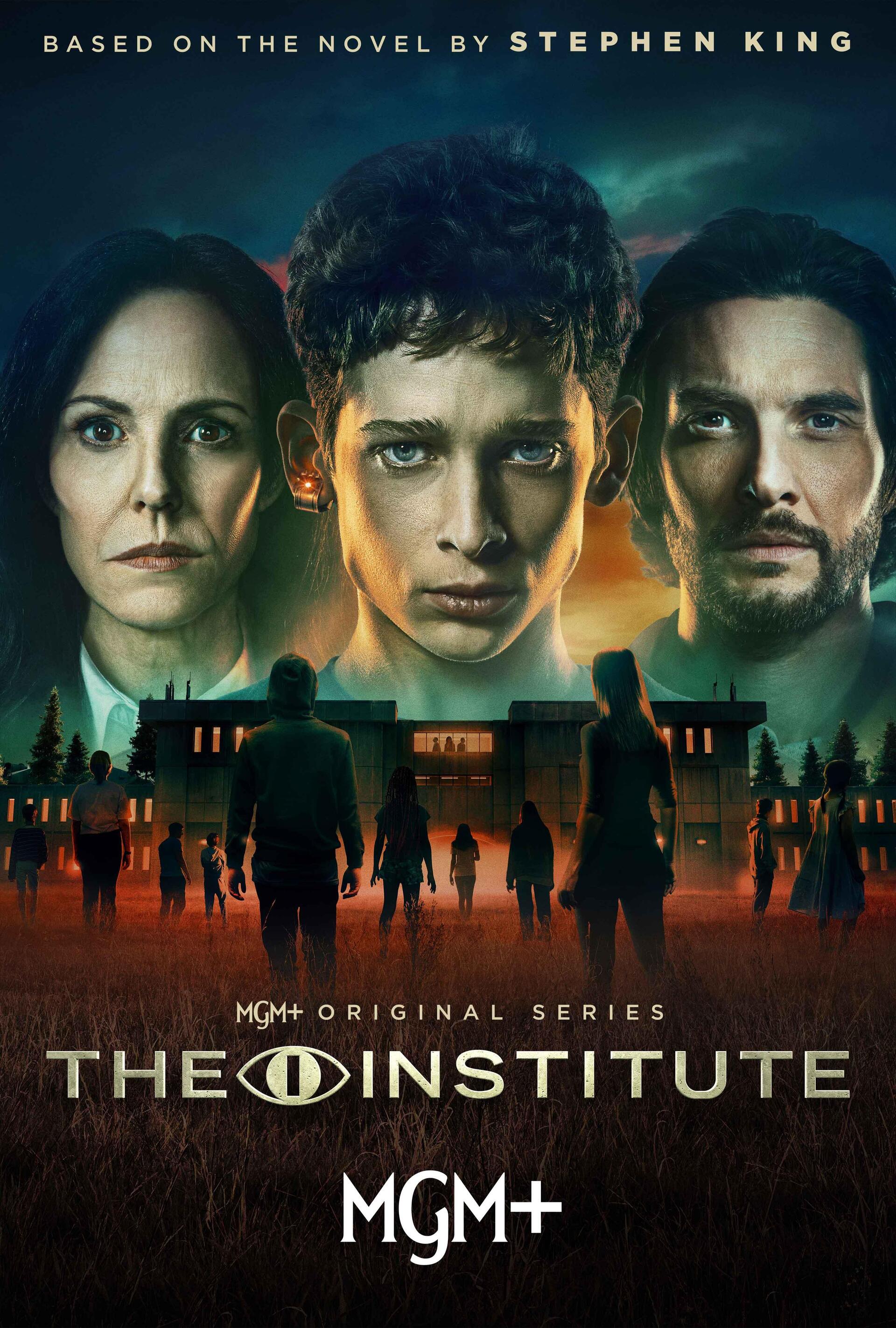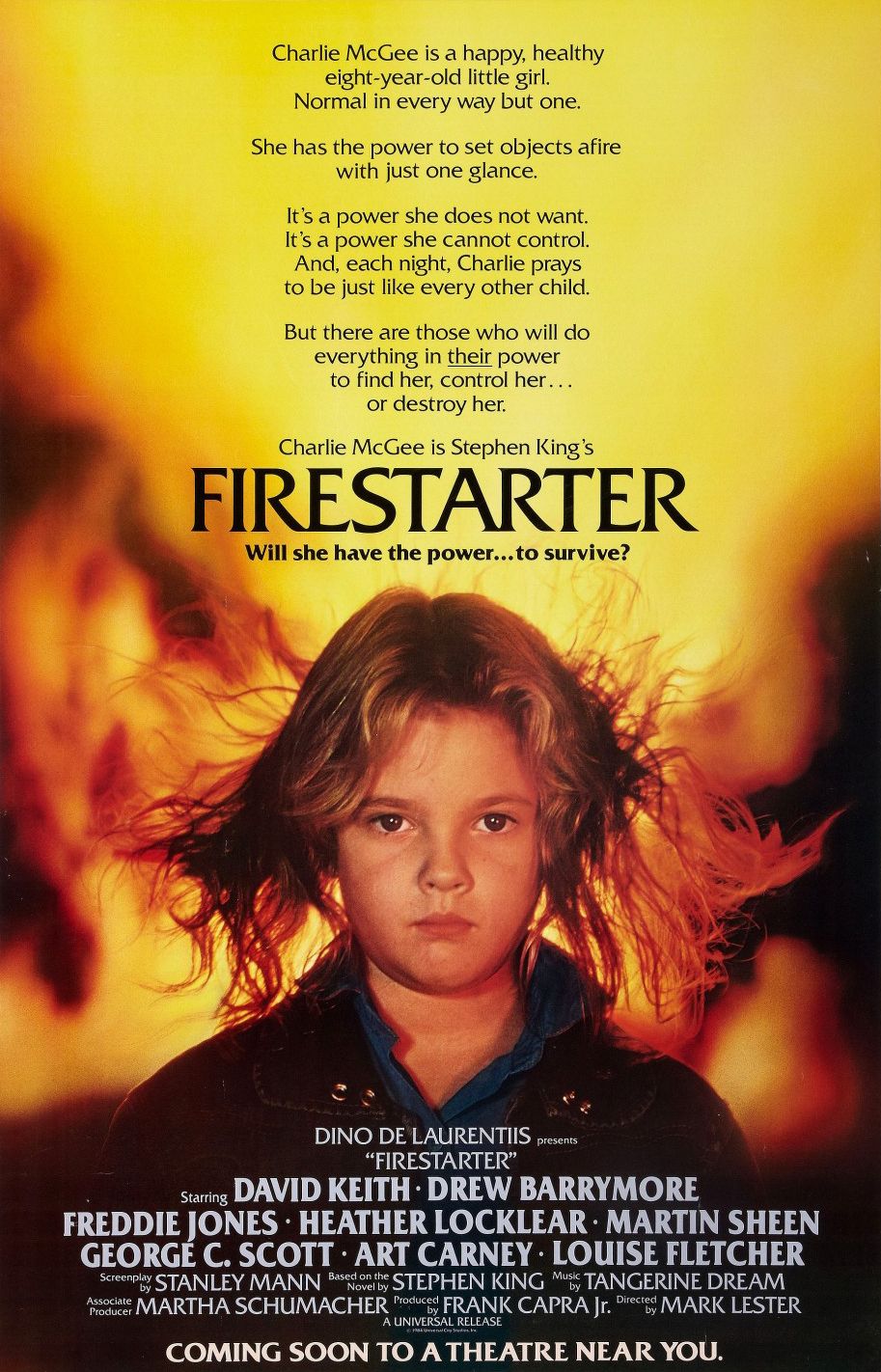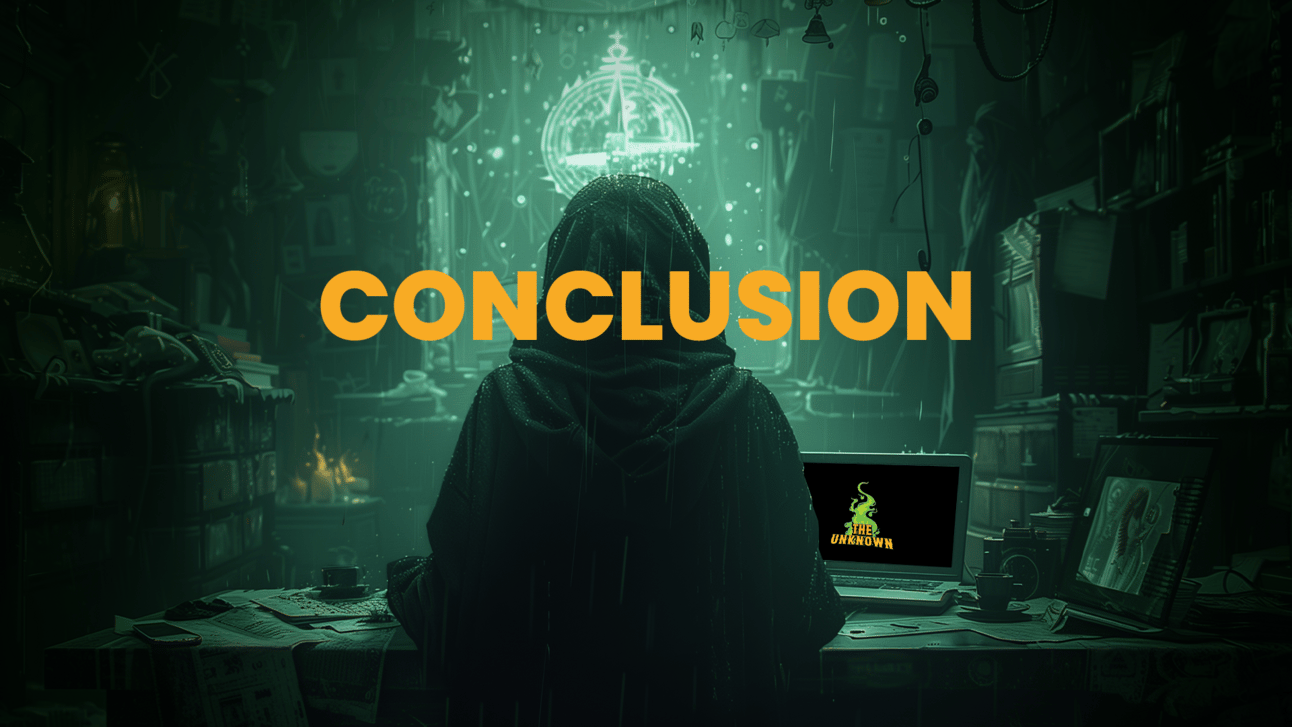- The Unknown
- Posts
- Breaking the Curse: How 'The Institute' Revitalizes Stephen King Adaptations
Breaking the Curse: How 'The Institute' Revitalizes Stephen King Adaptations
The King Adaptation That Finally Gets It Right

Stephen King's literary universe is a treasure trove of narratives brimming with rich characters, haunted by their own stories. However, transforming these tales into screen adaptations has proven to be a mixed endeavor. While King’s novels captivate readers, many of their screen adaptations have struggled to resonate with both audiences and critics alike, especially those that explore his themes of supernatural gifted children.
The recent TV series, "The Institute", streaming on MGM+, presents a promising shift in this trend. This adaptation is noteworthy for several reasons. Here, we'll explore what makes "The Institute" a potential game-changer and how it might provide a new blueprint for future adaptations.

The Historical Struggle of Adaptations
Adaptations of King's work, particularly involving the gifted children trope, have seen their fair share of challenges. A prime example being "Firestarter", with its two adaptations in 1984 and 2022, both of which were met with harsh criticism. This reinforced the idea that King's stories about kids with powers faced a curse of untranslatable magic on screen.

For decades, adaptations like these underscored a recurring issue – while the source material thrives on the intricacies of character and the slow build of tension, adaptations often falter, losing depth and impact in the process.
Enter "The Institute"
"The Institute", based on King's novel released around six years ago, stands out as the adaptation that might reverse this curse. With a Rotten Tomato score of 69%, it's significantly better received than previous adaptations like "Firestarter". But why has this series broken from past struggles?

One of the pivotal elements is the liberty that the TV series format provides. With eight episodes in its first season, there is ample time to flesh out the narrative and characters without the constrictions of a typical two-hour film.
The Secret Formula: Time and Depth
"The Institute" capitalizes on its extended format by deeply investing in character development and psychological tension before diving into the special effects. This approach resonates more authentically with King's narrative style, emphasizing emotional and thematic depth over immediate spectacle.

The series constructs its story with care, focusing on the internal struggles and moral dilemmas faced by its characters, notably the child prodigy Luke and former cop Tim, entangled in the dark machinations of the titular Institute. This patient build-up culminates in more impactful supernatural elements, as viewers are already deeply connected to the characters and their plights.
Lessons for Future Adaptations
"The Institute" suggests that perhaps the key to a successful adaptation lies in giving characters and narratives room to breathe. By prioritizing narrative depth and character-driven storytelling, it's possible to recreate the essence of King's stories on screen.
This thesis is underscored by the thematic richness "The Institute" explores—issues of power, control, and the exploitation of gifted children are examined with nuance, holding up a mirror to real-world dynamics.

A New Era for Stephen King Adaptations?
"The Institute" serves as a proof of concept, a blueprint that highlights the potential of story-first adaptations in the realm of supernatural tales. It raises questions about whether audiences and creators might now lean towards adaptations that favor psychological depth over sheer spectacle.
Could "The Institute" signal a larger trend towards patient, character-focused storytelling? If so, this could mean a new era not only for Stephen King adaptations but possibly for the horror and thriller genres overall. As we ponder what the future holds, one question lingers: Is patience and character depth the new superpower that can transform these supernatural stories from page to screen successfully? Perhaps it's time to find out.
Listen to the full podcast episode here!